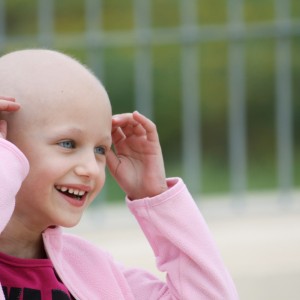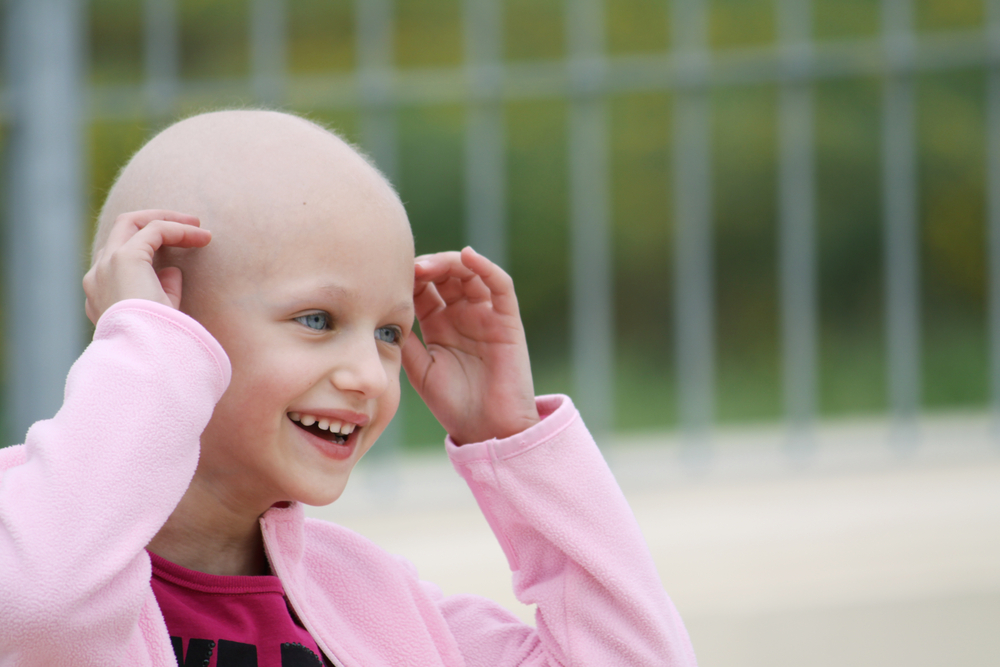 Researchers from St. Jude Children’s Research Hospital have recently found that those who survive childhood cancer are at higher risk for having hormone deficiencies in the future as adults. It was determined that children treated with cranial irradiation to fight cancer may develop hormone deficiencies that can harm their health in the future. Lifelong screenings are now recommended for these patients.
Researchers from St. Jude Children’s Research Hospital have recently found that those who survive childhood cancer are at higher risk for having hormone deficiencies in the future as adults. It was determined that children treated with cranial irradiation to fight cancer may develop hormone deficiencies that can harm their health in the future. Lifelong screenings are now recommended for these patients.
St. Jude Children’s Research Hospital scientists observed in their research that adults who overcame pediatric cancer are at risk for pituitary hormone deficiencies that can impact their quality of life and their health. The results were published in the Journal of Clinical Oncology in the February edition, entitled “Anterior Hypopituitarism in Adult Survivors of Childhood Cancers Treated With Cranial Radiotherapy: A Report From the St Jude Lifetime Cohort Study.“
Their study included a total of 748 patients from St. Jude, survivors of brain, leukemia, and other cancers that were treated through brain irradiation. The research was especially designed to evaluate the long-term consequences of the treatment on pituitary function. The pituitary gland is located at the base of the brain and produces hormones that are involved in the regulation of growth, reproduction and sexual development, muscle and bone strength, and more crucial biological functions.
It was found that 51.4 percent of the survivors were deficient in one of the hormones and 10.9 had multiple deficiencies. Deficiencies in gonadotropins (a hormone that regulates reproduction and fertility) were the most frequent, and untreated patients can develop heart disease, muscle weakness and early death.
“This study provides much needed long-term follow-up data and shows that the risk of pituitary problems follows these survivors into adulthood,” noted Wassim Chemaitilly, first author of the study.
St. Jude Hospital reduced the usage of cranial irradiation to address acute lymphoblastic leukemia, the number one childhood cancer, but it remains irreplaceable for treating brain tumors in children.
“The findings also underscore the need for the nation’s growing population of childhood cancer survivors to get recommended health screenings, and the challenges they face in trying to navigate the health care system and follow that advice,” he said in a press release.
The results show that 46 percent of the survivors had growth hormone deficiency; 11 percent had low levels of gonadotropins; and 58 percent were obese white men at high risk for low testosterone levels.
It is highly recommended that these survivors that received cranial irradiation check for pituitary abnormalities each year.
The research team reported that the younger the patients were by the time they underwent the cranial irradiation treatment and the higher the doses they received, the bigger the risk for developing pituitary problems in the future.
This study’s goal is to improve the quality of life of these patients by improving care.


